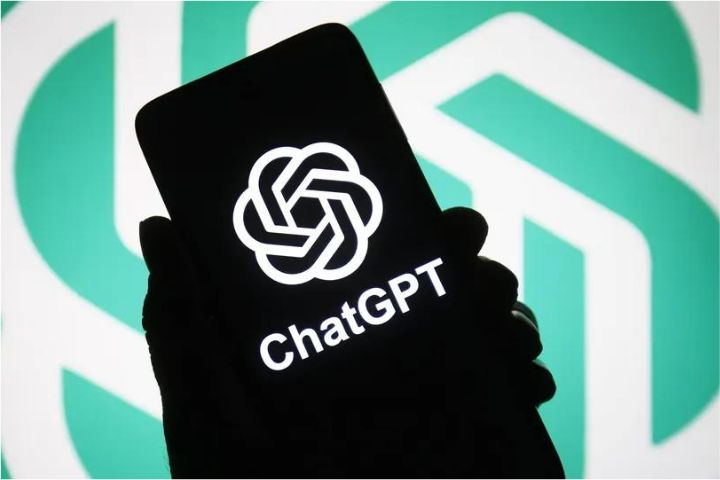Many children have expressed that ChatGPT is increasingly serving as a substitute for them when it comes to assisting their immigrant parents with translation needs. This trend highlights the growing reliance on AI technology and showcases how technology is bridging the language gap within families.
This change is a common experience for other adult children of immigrants
Michelle Fang, a tech community manager from San Francisco, noticed her father using ChatGPT to assist him with writing emails and making presentations. This change is a common experience for other adult children of immigrants, who now rely on technology for tasks such as English, grammar, and technical language.
Fang, who is a first-generation Chinese American, explains that her father no longer asks her to help with these aspects.
Some claim that they have also filled in for their parents as translators when they were younger and that this role has persisted into adulthood. However, with the introduction of ChatGPT, some of their duties are being transferred to the AI tool.
Mikael started helping her parents with their communications in high school
Monica Mikael, a 30-year-old nurse practitioner in Los Angeles, shares her parents’ struggle with written English since they immigrated 30 years ago. Mikael started helping her parents with communication in high school, coordinating logistics for their small medical practice.
Even minor grammar mistakes can cause anxiety in the workplace. A survey of over 200 East, Southeast, and South Asian women in the tech industry found that they feel discriminated against due to their accents and grammar usage.
Mikael used ChatGPT to teach her parents how to use it. After a month, they were using it independently. Now, Mikael’s parents rarely ask for help, as ChatGPT handles their communication needs like sending simple emails.
While Mikael still supports her parents on important tasks, daily interruptions have stopped. This has positively impacted their relationship, as their interactions are less task-based, making them closer.
American adults have emerged ChatGPT’s earliest adopters
Asian American adults have been among the first to utilize ChatGPT since its introduction. According to a Pew Research Center poll from 2023, they are more likely than whites to have utilized the generative artificial intelligence program for pleasure, work chores, or learning something new.
Sheeta Verma, 25, has been guiding her parents through the advantages and challenges of ChatGPT, an AI tool. She has also taught them how to use prompts and spot misinformation. Verma, based in San Francisco, has also seen AI shake up her marketing field.
She worries that their co-workers might detect their AI usage or that AI might leave her aging parents behind.
Her mother was laid off last year and is now navigating the new world of AI-scanned resumes. She believes there is a lot of learning to accompany AI, as it is changing quickly.
Adult children of immigrants are not totally eased by the substitution of traditional communication methods with ChatGPT since they lose the bonding chances that come with assisting their parents. They are appreciative for the 24-hour support they are unable to provide. Verma, who noticed her mother’s call drop-off, is pleased that her mother and other Indian aunties use ChatGPT.





GIPHY App Key not set. Please check settings